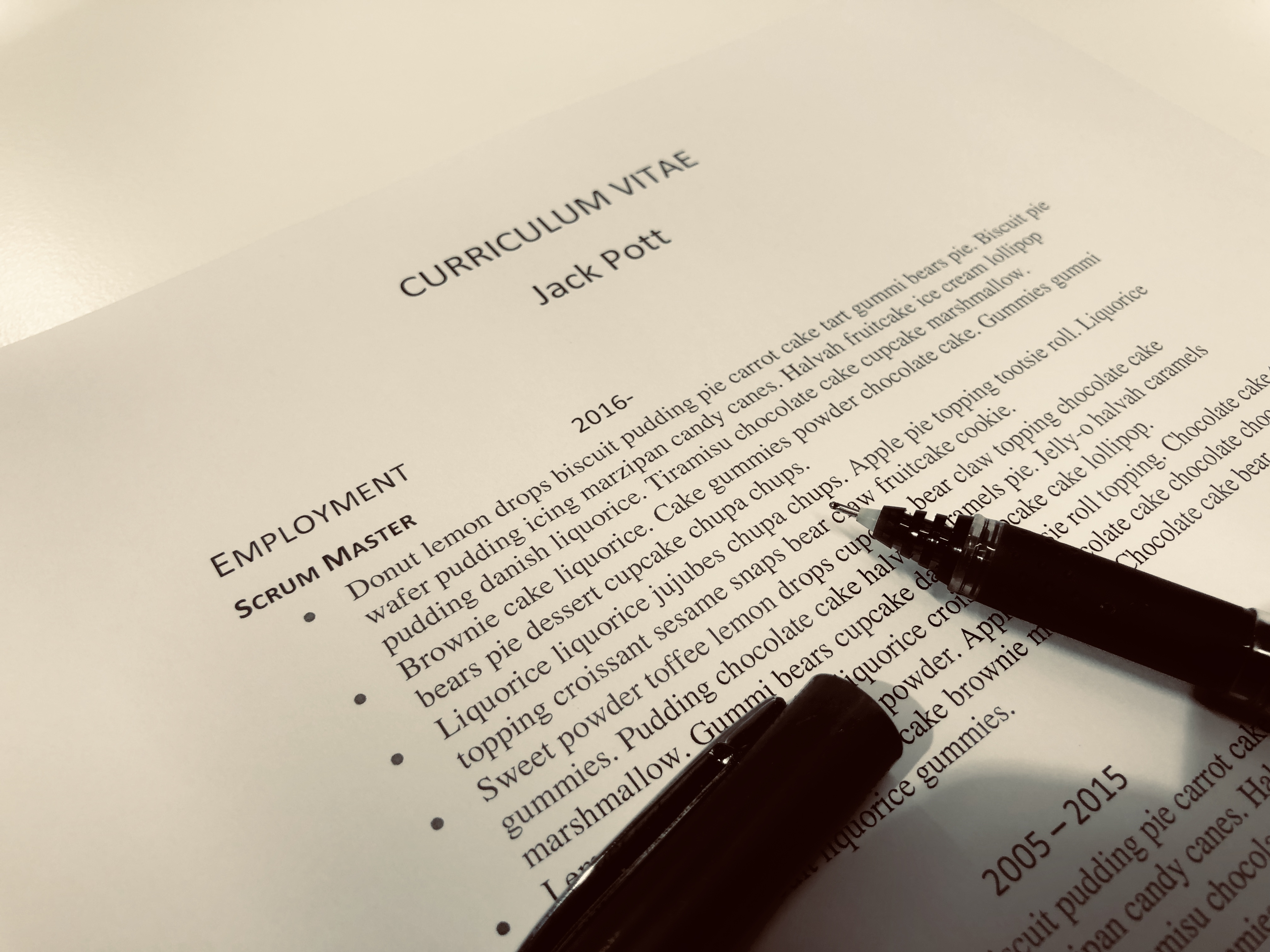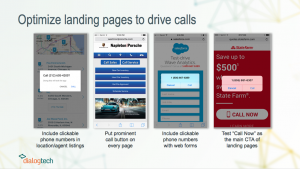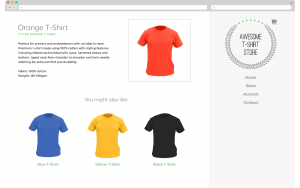— November 27, 2018

I’ve been in a situation a few times where I’ve interviewed a candidate for a role. I’ve matched their CV to a well-prepared job specification. I’ve prepped a whole bunch of competency-based questions that the candidate answered well. An offer has been made, but when they start their new role, they don’t turn out to be quite as great as I expected.
Am I a bad interviewer?
Despite my attempts and desire to be a good and fair interviewer no doubt my judgement can be clouded by bias. Several different cognitive biases can affect an opinion during an interview.
Anchoring Bias – This is where you are over reliant on the first piece of information heard. If the first answer is great, then you can potentially think the latter answers were better than they were.
The Generalizing Effect– All interviews are artificial situations and they favour people who don’t get overwhelmed by nerves, and who’ve prepared great answers. Anxious candidates, on the other hand, may fidget, ramble or even forget the question. These responses are common to interview stress. But it’s easy to conclude that the person possesses these traits in general.
Similarity-Attraction Bias– Candidates who are just like much easier to like. Having a similar background, dress sense, outlook on life can all help bias towards a candidate. How many times have you heard “yeah, they’re like a young me, so I made them an offer” from hiring managers. These gives you a sense of comfort and inflated familiarity.
Intuition Dependency– Relying on intuition isn’t great, having a good feeling about someone is unlikely to result in a good hire. Hence having a well-structured approach is recommended.
Wishful Thinking– Often there is pressure to hire quickly, which can make interviewers more fallible. Most likely the usual amount of care won’t be taken, or high standards won’t be enforced.
Confirmation Bias– By the time a candidate shows up for interview, their CV or application has been read several times. Potentially their social media sites such as LinkedIn have been checked. You might also have had an early reference or recommendation. Subconsciously were looking for evidence to support our first impression.
The thing is, these biases have nothing to do with the job.Indeed, hiring mistakes may result from not being wise to these biases.
Am I the right interviewer?
The Scrum guide defines the scrum master role in terms of services they provide to others. The scrum master provides services to:
- The Scrum Master serves the Product Owner
- The Scrum Master serves the Development Team
- The Scrum Master serves the organization
Given the service nature of the role perhaps it makes sense that these roles are represented in any hiring process.
A better approach
A technique used in estimation is known as the wideband-delphi technique. The general principle is that, as you increase the number of contributors to the decision-making process the more reliable the decision will be.
It would then make most sense for a scrum master to be interviewed by a diverse group, each with a stake in the success of the candidate.
A proposed hiring team for a scrum master may look like
- The hiring manager
- HR
- The Product Owner
- Development Team members
- Other Scrum Masters in the organisation
A collective decision to hire would be made after reviewing the evidence and notes collected through the process.
Business & Finance Articles on Business 2 Community
(55)
Report Post








